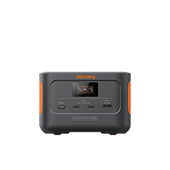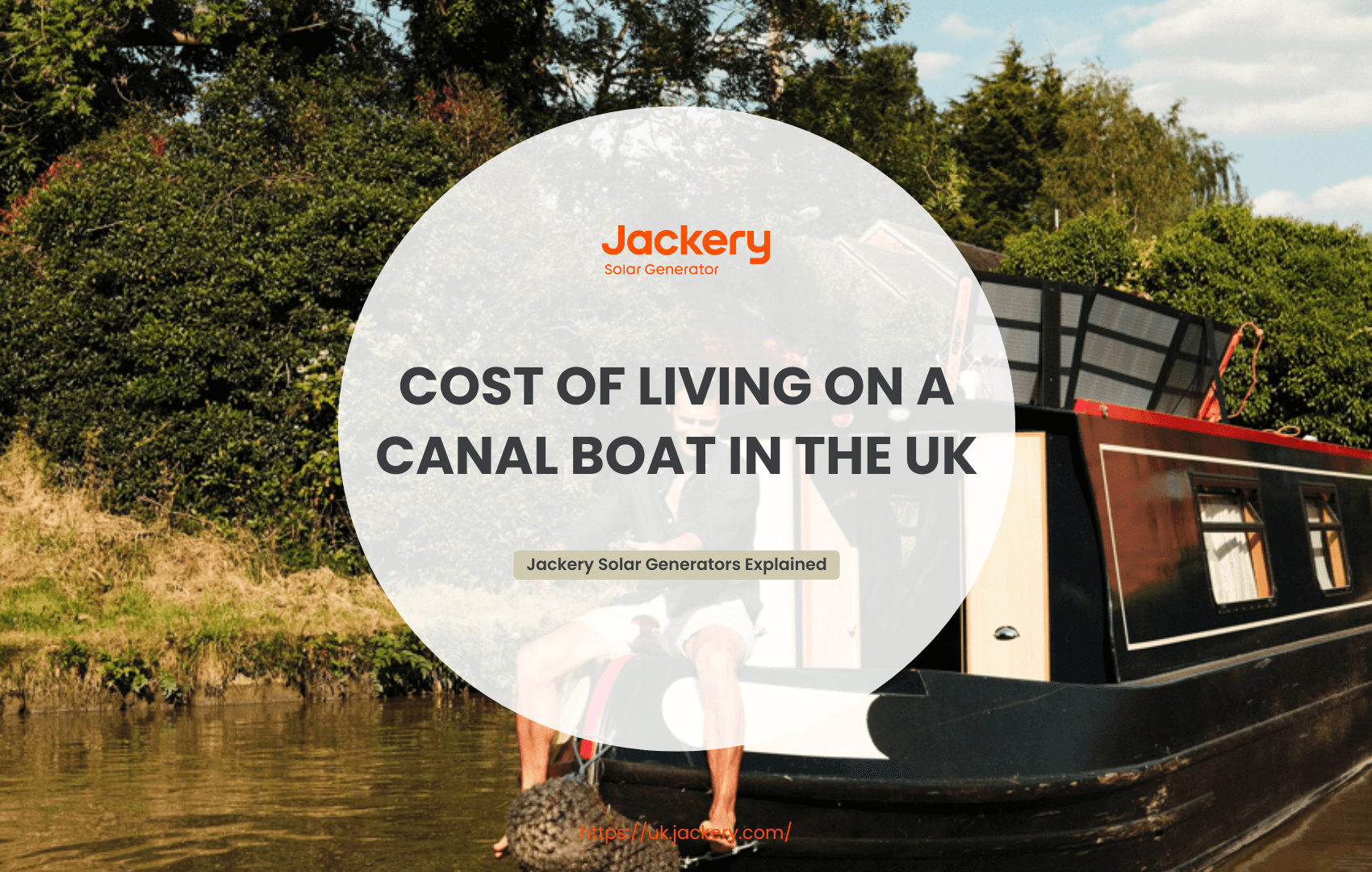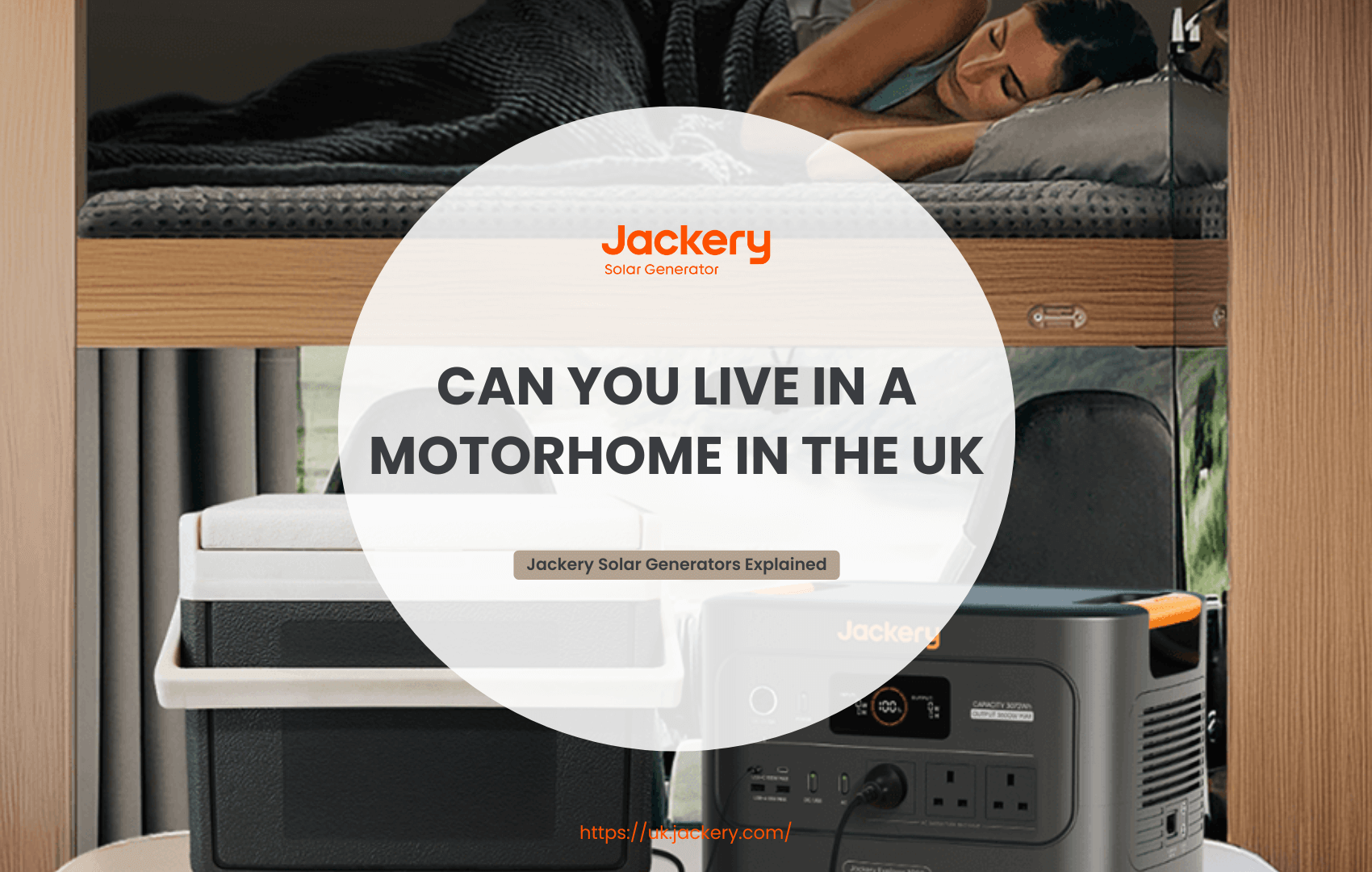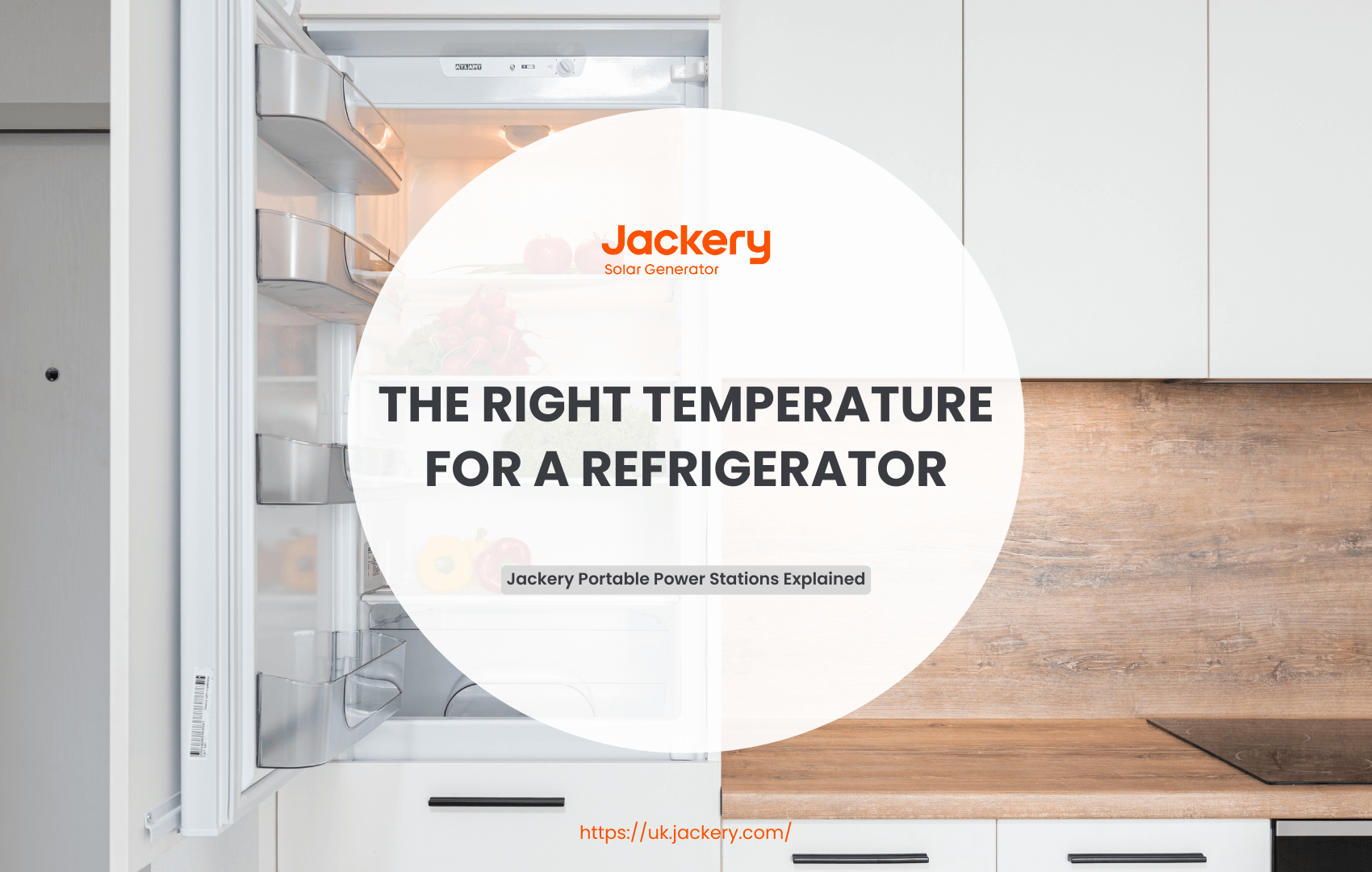Slow cookers have become kitchen staples due to their ease and cost-effectiveness. But how much does a slow cooker cost to run? This tutorial will teach you all you need to know about energy use per hour and annual running expenditures.
We'll compare slow cookers versus ovens, show you how much money you can save, and provide expert advice on how to cut your power bill. Whether you have a small, medium, or large slow cooker, you'll discover the exact operational expenses and how to maximise energy efficiency without losing flavour. Learn why slow cookers are one of today's most inexpensive cooking gadgets.
|
Key Takeaways: |
|
How Much Electricity Does a Slow Cooker Use?
A slow cooker is an electric appliance that cooks food at a lower temperature than other methods. It features a detachable inner pot heated by an element in the base, along with an essential lid that retains all the heat and steam within while cooking.
Slow cookers are among the most energy-efficient kitchen appliances due to their compact size, which allows you to cook a wide range of dishes, from stews to curries and even desserts, in a short amount of time with minimal preparation.
Until recently, no other one-stop-shop compact kitchen device could produce healthful dishes, such as a chickpea and bean masala or a melt-in-your-mouth pork joint, with so little energy as the slow cooker.
But how much energy does a slow cooker consume? According to a recent Uswitch inquiry into energy-efficient cooking, slow cookers can use less than a tenth of the energy of some electric ovens, while taking longer to prepare meals.
How Much Energy Does a Slow Cooker Consume?
An average-sized slow cooker consumes 1.3 kW over eight hours (162.5 watts per hour).
Electricity prices are now restricted at 22p per kWh; however, certain fixed tariff offers may be cheaper, so that using a slow cooker would cost, on average, 29p each meal.
Running a typical oven for eight hours may cost you more than five pounds, whilst running an electric grill or stove for the same period could cost you more than £4.
A microwave performs marginally better, costing £1.23, but is still far from as efficient as a slow cooker. Even if you average it out (nobody uses an oven for eight hours...), it is still not cheaper, and slow cooking does not provide the same exquisite succulence.
Most slow cookers feature three or four settings, including hot, low, warm, and automated. These settings determine the time it takes for the food to simmer until the slow cooker stabilises and continues cooking at that temperature. So, food cooked on high may only take four hours, whereas meals cooked on low may take eight hours.
Slow cookers typically utilise 75-150W of power on low and 150-210W on high. The high setting is not intended for prolonged use and will most certainly overcook the food. Using the current energy pricing, cooking your food on a low setting for eight hours at 150W may cost just under 27p, whilst cooking the same length of time on a high setting (at 210W) could cost a little more than 37p.

How Much Does It Cost To Run a Slow Cooker?
A slow cooker costs between 3.2p and 8.1p per hour to run.
Assuming you use the slow cooker for eight hours per day, three days per week, the yearly cost ranges from £39.94 to £101.09.
The exact quantity depends on the kind, specs, and energy rating of your slow cooker, as well as how often you use it. You must also consider the cost of your electricity.
When it comes to power costs, the price per kWh changed when the new energy price cap went into force. This implies that the average cost of one kilowatt hour of power has decreased from 30p to 27p. We utilise the new unit pricing in all of our computations.
Operating Costs Of a Small Slow Cooker
A small slow cooker costs roughly 3.2p per hour to operate, or 25.6p for eight hours. If you use the slow cooker three times a week, it will cost £39.94 a year to run.
This is based on a 1.5 to 3.5 litre slow cooker at 120W, which uses an average of 0.12kWh of electricity each hour.
Operating Costs Of a Medium Slow Cooker
A medium-sized slow cooker has an average running cost of 5.9p per hour, 47.2p per day, or £73.63 per year. This estimates that a 3.5 to 5 litre slow cooker at 220W consumes 0.22kWh of power each hour.
Operating Costs Of a Large Slow Cooker
Running expenses for a big 5-litre slow cooker are around 8.1p per hour, 64.8p per day, or £101.09 per year if used three times weekly. This implies that a 5-litre slow cooker at 300W consumes an average of 0.3 kWh of power each hour.
|
|
Per use (8 hours) |
Per week (used 3x) |
Per year (3 x per week) |
|
Small |
25.6p |
76.8p |
£39.94 |
|
Medium |
47.2p |
£1.42 |
£73.63 |
|
Large |
64.8p |
£1.94 |
£101.09 |
(Data Source: Good to)
To determine the hourly, per-usage, or annual cost of running your specific slow cooker, simply conduct some quick calculations. All electrical equipment has a wattage. Slow cookers can range from 120 to 300 watts. To convert watts to kilowatt hours, divide by 1,000. This is how much energy the appliance consumes per hour.
Once you've determined the kilowatt-hours, multiply that amount by the unit cost of power (found on your most recent energy bill or using the energy price cap's 27p). This will give you the running cost per hour. You may then multiply it by the number of hours you use it every day, week, month, or year to calculate your energy expenses. This will give you the running cost per hour. You may then multiply it by the number of hours you use it every day, week, month, or year to calculate your energy expenses.
Slow Cooker vs. Other Kitchen Appliances
Cooking low and slow can transform inexpensive pieces of beef into soft, restaurant-quality meals with no effort. A slow cooker can also help you save money on your monthly energy bill because these compact countertop gadgets consume little of it.
Slow cookers are one of the easiest kitchen machines to use, and autumn is prime slow cooker season. For beef stew, chilli, tender pork shoulder, or pulled chicken, you can set these miraculous machines to work while you're at work and come home to a ready-to-eat meal.
Slow cookers, air fryers, and microwaves will all save you money over using an oven.
Oven, Slow Cooker And Instant Pot Compared
To illustrate how much you may save by using a slow cooker or Instant Pot (multicooker) instead of an oven, we calculated the cooking time. We cost for a pork shoulder dish, a very inexpensive piece of meat, using all three techniques. The savings are enormous, and the more you use your slow cooker or multicooker, the bigger they become.
Slow cookers, air fryers, and microwaves will all save you money over an oven.
|
Appliance |
Max wattage pull |
Cost per hour of cooking |
Total hours (6-lb. pork shoulder) |
Total cost |
|
Large oven |
3,000 |
£0.51 |
7 |
£3.57 |
|
Slow cooker (6-quart) |
260 |
£0.05 |
8 |
£0.40 |
|
Instant Pot pressure cooker (6-quart) |
1,000 |
£0.17 |
1.5 |
£0.26 |
(Data Source: CNET)
Is It Cheaper To Use a Slow Cooker Than An Oven?
Yes, using a slow cooker instead of an oven saves money. A standard electric oven draws around 3,000W of power. At current energy rates, it costs around 81p per hour to operate.
Slow cookers are an excellent energy-saving alternative to conventional ovens, assuming you don't mind waiting a bit longer for your meal. While ovens require a lot of energy to reach high temperatures, slow cookers work their magic at lower temperatures over more extended periods. This gentle, protracted cooking procedure not only produces delicate and flavourful results, but it also saves a significant amount of money.
Appliances That Use The Most Electricity
The refrigerator has the most excellent average power use, with a refrigerator/freezer combo consuming up to 1800 kWh per year. And it isn't because they use a lot of power, but because they are left on all day. And the older your refrigerator is, the more power it will consume.
Your oven, which typically ranges in power from 1000 to 5000 watts, consumes around 1.2 kWh to preheat before using another 6-8.5 kWh to cook a meal. This can potentially prove pricey in the long run.
Even a coffee maker is not an energy-efficient piece of equipment; typically, its annual consumption ranges between 13 and 42 kWh, with a wattage of 500 to 1000.
How To Save Money When Using a Slow Cooker?
Slow cookers are becoming increasingly popular as an alternate method of preparing delicious meals without using an oven. They offer a time-saving option in the kitchen for busy homes, requiring minimal meal preparation and no preheating. And, while cooking your meals slowly and low is a specific method to keep your energy costs low, there are other ways to save money when using a slow cooker.

Tip 1: Purchase a Slow Cooker With Low Wattage
The smaller the wattage of an item, the cheaper your energy costs will be. And, while choosing a slow cooker with a lower wattage will save you money, keep in mind that a lower wattage does not always imply smaller. So, always examine the specifications of a slow cooker before purchasing.
Tip 2: Do Not Overfill It
When creating a curry for the entire family, you may be tempted to load the pot to the brim with chicken and sauce. However, this may cause your energy expenses to rise. Slow cookers perform best when filled to around ⅔ of their capacity, so keep this in mind while purchasing. For example, if you buy a slow cooker with a capacity of 3.5L, only fill it to around 2L to make it as energy efficient as feasible.
Tip 3: Choose a Glass Lid
Don't raise the cover! Taking the lid off while cooking loses all the valuable heat and steam, which is a significant no-no since it causes your food to dry out and takes longer to cook. As a result, choosing a slow cooker with a glass cover allows you to see the contents without losing heat.
Tip 4: Make The Most Of a Timer
Most current slow cookers include a timer that will automatically turn the device off after a certain amount of time. Using this timer, you can guarantee that you only use the device (and the power) for the amount of time required.
Tip 5: Begin Batch Cooking
If you want to conserve energy while cooking, batch cooking is the way to go. This allows you to prepare a week's worth of meals in your slow cooker in only eight hours and avoid having to switch it on again. When you're hungry, simply heat it in your finest microwave.
Tip 6: Choose a Cheaper Way to Power
Slow cookers are one of the most energy-efficient kitchen appliances. They operate at a low wattage for an extended period, which makes them an ideal appliance to run with a portable power station, like the Jackery Portable Power Station.

Jackery Portable Power Stations for Slow Cookers
A Jackery Portable Power Station is a wise choice for powering a slow cooker in the UK due to the appliance's low power consumption, which allows for extended runtimes. This, combined with the ability to charge via solar or off-peak electricity, makes it a practical and cost-effective solution for everyday cooking, off-grid adventures, and emergencies.
The primary benefit is the ability to charge the power station using Jackery Solar Panels. By utilising solar energy, you may cook your meals for free, removing the need for power for that equipment. This is especially enticing in the UK, where power costs may be high.
For those without solar panels, you can still save money by using a time-of-use (ToU) energy tariff. Charge the Jackery Portable Power Station overnight when electricity rates are at their lowest, and then use that stored, cheap energy to power your slow cooker during the day. This is an effective technique to regulate your energy use and lower your expenses without altering your cooking habits.
Jackery Explorer 1000 Plus
The Jackery Explorer 1000 Plus is a reliable option for powering a slow cooker and other kitchen appliances, with a combination of power, capacity, and portability that makes it suited for both regular usage and emergency scenarios.

Powerful Inverter: The Explorer 1000 Plus boasts a continuous power output of 2000W and a surge peak of 4000W. This is a key feature that allows it to run appliances with a high initial power draw (inrush current), such as a microwave oven. This means you can heat food quickly during a power outage or in an off-grid scenario.
Slow Cooker and Longevity: The Explorer 1000 Plus's large capacity makes it ideal for slow cookers. With a capacity of 1264Wh, it can run a 200W slow cooker for more than 5 hours. This is enough for a complete cooking cycle in most recipes, giving it a dependable option for preparing meals when off-grid or during an outage.
Microwave and More: With a 2000W output, the Explorer 1000 Plus can power a wide range of everyday kitchen appliances. A microwave oven typically draws between 800W and 1200W, and an electric kettle can draw up to 1600W. The Explorer 1000 Plus can handle these appliances, albeit for a limited time. For example, it can run a 1160W microwave for about 56 minutes.
Expandable to 5kWh: The basic unit has a capacity of 1264Wh, but you can add up to three extra battery packs to increase the total capacity to 5kWh. This is a game-changer since it can provide enough power to operate key kitchen appliances, a refrigerator, and other devices for many days during a power outage.
|
Jackery Explorer 1000 Plus Running Time |
|
|
Slow Cooker (200W) |
4.7H |
|
Microwave (1160W) |
0.9H |
|
Electric Oven (1600W) |
0.6H |
|
Refrigerator (280W) |
3.5H |
|
Kettle (900W) |
1.1H |
(*The working hours are only for reference; the actual working hours depend on your usage.)
Jackery Explorer 2000 Plus
The Jackery Explorer 2000 Plus is a powerful and versatile portable power station that is well-suited for powering a variety of kitchen appliances, including a slow cooker.

High Power Output: The Jackery Explorer 2000 Plus provides a continuous output of 3000W and a surge output of 6000W. This is more than enough to handle most kitchen appliances. A typical slow cooker uses between 150W and 300W, a microwave can range from 600W to 1500W, and a blender might use around 300W to 1000W. The 2000 Plus can efficiently run several of these simultaneously without any issues.
Large Capacity: With a 2042.8Wh capacity, the 2000 Plus can keep appliances running for a significant amount of time. To estimate the runtime, you can use a simple formula: (Jackery's capacity in Wh * 0.8) / appliance's wattage. For a 200W slow cooker, this would be: (2042.8 * 0.8) / 200W = ~7.7 hours. This is more than enough to cook a meal and is a great asset during a power outage or when cooking in an off-grid location.
Expandable Capacity: A key feature of the 2000 Plus is its expandable capacity. You can add up to five additional battery packs, increasing the total capacity from 2kWh to an impressive 12kWh. From a basic backup for a few appliances to a more comprehensive home backup system, this makes it a scalable solution that can expand to meet your demands.
Emergency Home Backup: The 2000 Plus is designed to be an emergency power source. In case of a power outage, it can keep your essential kitchen appliances running, preventing food in the refrigerator or freezer from spoiling and allowing you to cook a hot meal.
LiFePO4 Battery: The unit uses a LiFePO4 battery, which is known for its long lifespan and safety. It's rated for 4000 charge cycles, meaning it can maintain over 70% of its original capacity for a decade even if used daily.
|
Jackery Explorer 2000 Plus Running Time |
|
|
Slow Cooker (200W) |
7.7H |
|
Microwave (1160W) |
1.4H |
|
Electric Oven (1600W) |
1H |
|
Refrigerator (280W) |
5.6H |
|
Kettle (900W) |
1.8H |
(*The working hours are only for reference; the actual working hours depend on your usage.)
How Much Can a Slow Cooker Save You?
By far the most costly method of cooking low and slow is using a large oven. While £3 may seem like a small amount, if spread out over a year of long braises and slow cookers, it can add up to significant savings on your overall energy expenditure. Slow cooking just once a week can result in a rapid £150 saving each year.
One of the kitchen's most energy-efficient cooking gadgets is the slow cooker. Based on the average cost of electricity in the UK, which is close to 28p per kWh, an average-sized slow cooker is estimated to use 1.3 kWh over eight hours of cooking.
This works out to just over 4.5p per hour, or just 36p for the eight-hour cooking time.
The cost of cooking the identical food for four hours at 150°C in an ordinary electric oven with a power rating of 1.8kWh is a little more than £2; however, using a slow cooker will only cost 36p. This implies that you could prepare five meals in the slow cooker for the cost of one in the oven! You may still use the oven, though, if you don't have a slow cooker.

What To Look For When Buying a Slow Cooker?
If you're seeking to buy a slow cooker, use the advice below to help you make the best decision.
Select The Correct Size
Small slow cookers are ideal for singles or couples; a medium slow cooker is perfect for two to four people; and a big slow cooker is required for parties larger than four. The smaller your slow cooker, the cheaper it will be to operate.
See What Settings It Provides
The most basic slow cookers have three settings: low, medium, and high. The 'low' setting cooks in around 8 hours, the 'high' setting takes 4-5 hours, and the'medium' setting falls somewhere in the middle. The size and power rating of the slow cooker determine how much energy it consumes.
Extra modern versions offer additional choices, such as 'stay warm'. Some also include 'auto cook', which means that the machine starts on high and then switches to low power for the remainder of the cooking period.
Does It Include a Timer?
A timer can be beneficial if you're going to be away for longer than the cooking time; at the end of the cooking period, the cooker will either turn off or switch to keep warm.
Slow cookers are also excellent equipment to use with a smart plug, allowing you to turn them on while you're away and have supper ready when you get home.
Carefully Evaluate The Material
Ceramic and stoneware pots are heavier than aluminium pots; keep this in mind if you have trouble moving a pot full of food around. Pots with a nonstick coating are easy to clean.
Convenience is crucial, according to energy experts, so search for models with detachable, dishwasher-safe inserts. These inserts are designed for simple cleaning, saving you time and effort while making your cooking experience more delightful.
Cost
A slow cooker (or crockpot) is the best item for keeping food simmering at a low temperature. When deciding on the best slow cooker, consider energy usage and capacity.
A simple slow cooker can cost as little as £18 or more than £100 for a quality model.
More costly slow cookers include additional capabilities, such as auto cook or sear modes, but they are purely for convenience and are not required; a great slow-cooked dinner may be prepared with even the most basic model.
FAQs
The following are frequently asked questions about the running costs of slow cookers in the UK:
1. Is it cheaper to use a slow cooker or an oven?
Slow cookers are typically cheaper to run than ovens. They will not necessarily save you money when compared to induction or gas hobs. Making exact comparisons is difficult because there can be many variables, such as the type of hobs and how it is used.
2. How much does it cost to run a slow cooker for 8 hours in the UK?
For instance, a 100 W slow cooker used eight hours a day on average would cost about £1.40 a week, £5.60 a month, and £67.20 a year. For instance, a 160 W slow cooker used eight hours a day on average will cost about £2.24 a week, £8.96 a month, and £107.52 a year.
3. Is 4 hours on high the same as 8 hours on low?
If a dish typically takes 15-30 minutes, cook it for 1-2 hours on High or 4-6 hours on Low. Cook for 30 minutes to an hour on high, or 5-7 hours on low. After 1-2 hours, cook for 3-4 hours on high or 6-8 hours on low.
4. Do slow cookers use a lot of electricity?
The Energy Saving Trust considers a slow cooker to be one of the most energy-efficient kitchen gadgets. A slow cooker uses roughly the same amount of energy as a standard electric light bulb. This implies that, despite being turned on for an extended period, a slow cooker consumes relatively little energy.
5. Is it better to cook in a slow cooker on high or low?
Items will cook faster on high than on low. However, for all-day cooking or less-tender slices, utilise the low heat setting. It is safe to cook items on low for the whole period, such as while leaving for work and having little preparation time.
Final Thoughts
Using a slow cooker is a great way to save money on electricity without giving up taste or convenience. Slow cookers use a lot less power than ovens and other kitchen equipment, so they are an excellent alternative for families on a budget.
You can save even more on your energy expenses by choosing the correct size, avoiding overfilling, and utilising features like timers. Plus, they can make cheap pieces of meat tender, which is another way they save you money. A slow cooker is a good investment if you want an appliance that saves time, uses less energy, and makes tasty meals.


































































